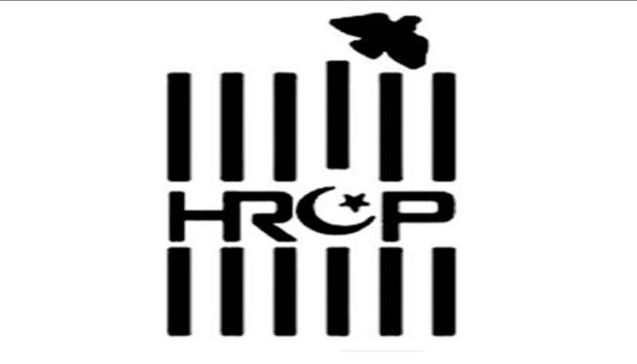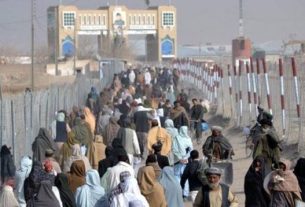Commission says by suspending its earlier decision, it would deny bail to all the affected individuals, thereby violating their right to liberty
The Human Rights Commission of Pakistan (HRCP) on Friday expressed disappointment over the Supreme Court’s decision to suspend its earlier short order, which had declared the military trial of civilians arrested for their involvement in May 9 incidents as ‘unconstitutional’.
In a statement issued on Friday, the commission feared that by suspending the previous order, the top court was paving the way for delaying justice to those who deserve to be exonerated from the charges levelled against them.
The commission noted that by suspending its earlier decision, from a practical perspective, the move would deny bail to all the affected individuals, thereby violating their right to liberty.
“This order of the honourable court is deeply worrying from a human rights perspective because it paves the way for continued military trials of civilians, which,” the HRCP pointed out, “violates their right to due process and fair trial.”
The commission stated that the secrecy surrounding military court proceedings, the extremely high conviction rate of these courts and the possible means used to achieve such rates, and the absence of the right of appeal to civilian courts — whose role is restricted to exercising narrow powers of judicial review in such cases— are all reasons for which military jurisdiction over civilians has been globally disapproved.
“Continuation of any trial in the light of the Supreme Court’s verdict through a subsequent interim order has allowed an unconstitutional process to proceed in military courts,” the commission expressed.
It said that there was concern that such an order was passed without any element of irreparable harm apprehended from the non-suspension of the apex court’s earlier short order.
“HRCP is compelled to question the prudence of not only the order in question but also hearing of the appeals against the Supreme Court’s verdict before the detailed judgment was announced,” it said.
The commission hoped that concerns arising from the interim order would be addressed through the Supreme Court’s expeditious and final adjudication.__The Friday Times





